Your immune system is your first line of defense against harmful pathogens that can contribute to acute and chronic illnesses. It's an extensive network of organs, cells, and proteins that work together to protect the body against viruses, bacteria, fungi, and other germs. And, if invaders enter the body and cause harm, the immune system is responsible for healing that damage and adapting for future threats.
There are many ways to support a healthy immune system, including regular physical activity and good sleep hygiene. However, diet—emphasizing certain nutrients—also plays a significant role.
Here are the best foods for immune system health, plus the science behind them.
1. Citrus Fruits 
pilipphoto / Getty Images
Citrus fruits, known for their vitamin C content, are often praised for their role in supporting immune function. Vitamin C, or ascorbic acid, is a water-soluble vitamin essential for tissue growth and repair. As an antioxidant, vitamin C fights free radicals, which helps prevent certain cancers, heart disease, and other chronic health concerns.
The average adult needs between 75 and 90 milligrams (mg) of vitamin C daily. However, the body cannot produce vitamin C, so it must be consumed through diet.
Examples of citrus fruits and their vitamin C content include:
Oranges: 82.7 mg of vitamin C per fruitTangerines: 32 mg of vitamin C per fruitLimes: 19.5 mg of vitamin C per fruitGrapefruit: 39.3 mg of vitamin C per 1/2 fruit
Citrus fruits can be enjoyed fresh or as an ingredient in various dishes. Adding a squeeze of their juice can heighten the flavor profile and vitamin C content of many classic recipes.
2. Red Bell Peppers 
Yulia Naumenko / Getty Images
Bell peppers, especially red bell peppers, can also support a healthy immune system. Surprisingly, red bell peppers contain more vitamin C than most citrus fruits. One large red bell pepper contains 210 mg of vitamin C, more than double the recommended daily intake.
However, the bell pepper’s benefits don’t stop there. They contain beta-carotene, a powerful antioxidant that gives the pepper its rich red hue and fights free radicals. Beta-carotene is also known for its pro-vitamin A activity, meaning bell peppers can also support eye and skin health.
Bell peppers add a delicious flavor and tantalizing texture to many snacks and meals. Enjoy them fresh for a delicious, crunchy snack, or cook them down and add them to various meals. Bell peppers are great for stir-fries, wraps, and pasta dishes.
3. Yogurt 
fcafotodigital / Getty Images
Research continues to show a connection between gut health and overall health. The gastrointestinal tract is home to a complex microbial community supporting your health through its energy regulation and immune response roles. However, not all bacteria are beneficial to gut health, so it's essential to prioritize the good bacteria that are present.
Eating foods like yogurt that are rich in probiotics can increase the good bacteria in your gut microbiome. Greek yogurt is especially beneficial to the immune system, as it provides high-quality protein and helps diversify the bacteria strains in the gut.
Yogurt can be enjoyed independently or as the base of a nutrient-dense parfait. For example, combine a serving of yogurt with a mixture of berries and granola for increased vitamin C and fiber intake. Yogurt also makes a nutritious addition to many soup, smoothie, and dressing recipes.
4. Fatty Fish 
YelenaYemchuk / Getty Images
Most cells in the immune system have a vitamin D receptor, indicating that the vitamin is directly connected to a properly functioning immune system. Fatty fish, such as salmon and mackerel, are rich in vitamin D. For example, 3 ounces (oz) of cooked salmon provides 14.5 micrograms (mcg) of vitamin D, 97% of the recommended daily intake.
Furthermore, fatty fish are excellent sources of omega-3 fatty acids, which have been linked with lower mortality rates from major causes, including cardiovascular disease, cancer, and Alzheimer’s disease. Research has proven a connection between omega-3 fatty acids and the reduced expression of pro-inflammatory markers. Still, it’s important to be mindful of portion sizes when eating fatty fish, as too much of even the healthy fats can have adverse results.
5. Poultry 
VeselovaElena / Getty Images
Cuts of poultry, such as chicken and turkey breasts, are packed with vitamin B6 and can support a healthy immune system. Vitamin B6 is vital in producing T-lymphocytes and interleukins, essential players in an optimally functioning immune system. Furthermore, research has shown a connection between vitamin B6 deficiency and chronic inflammation, indicating that the vitamin mitigates oxidative stress.
A 4-oz serving of chicken breast provides 0.916 mg of vitamin B6, 54% of the highest recommended daily intake. You can enjoy poultry meats grilled, smoked, or roasted, and you can pair them with a variety of fresh, whole foods to maximize their immune system benefits. For example, chop grilled chicken and mix it with various veggies for a delicious protein-packed salad.
6. Leafy Greens 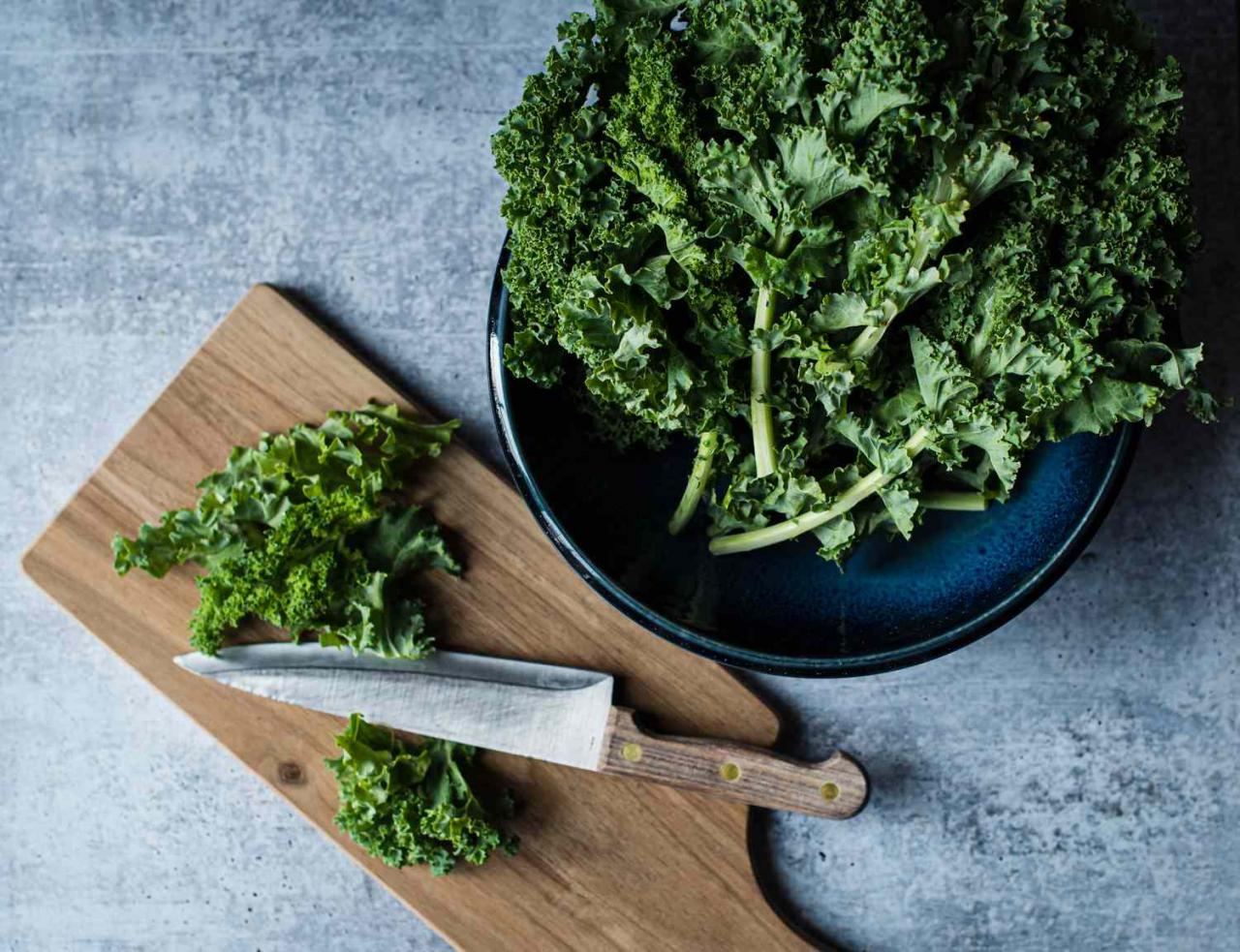
Cavan Images / Getty Images
Leafy greens, like spinach, kale, and Swiss chard, can influence a healthy immune system. They’re loaded with nutrients and fiber, supporting a healthy gut and accounting for many of the day’s nutrient needs. However, their antioxidant profile might have the most potent impact on immunity. Studies have shown that regularly consuming green leafy vegetables can reduce oxidative damage and inflammation in the body.
Leafy greens can be enjoyed fresh, paired with fruits, veggies, and lean proteins to make a nutrient-dense salad. Or, they can be cooked down and added to many different warm recipes. However, research indicates leafy greens retain the most potent antioxidant profile when steam-cooked.
7. Nuts 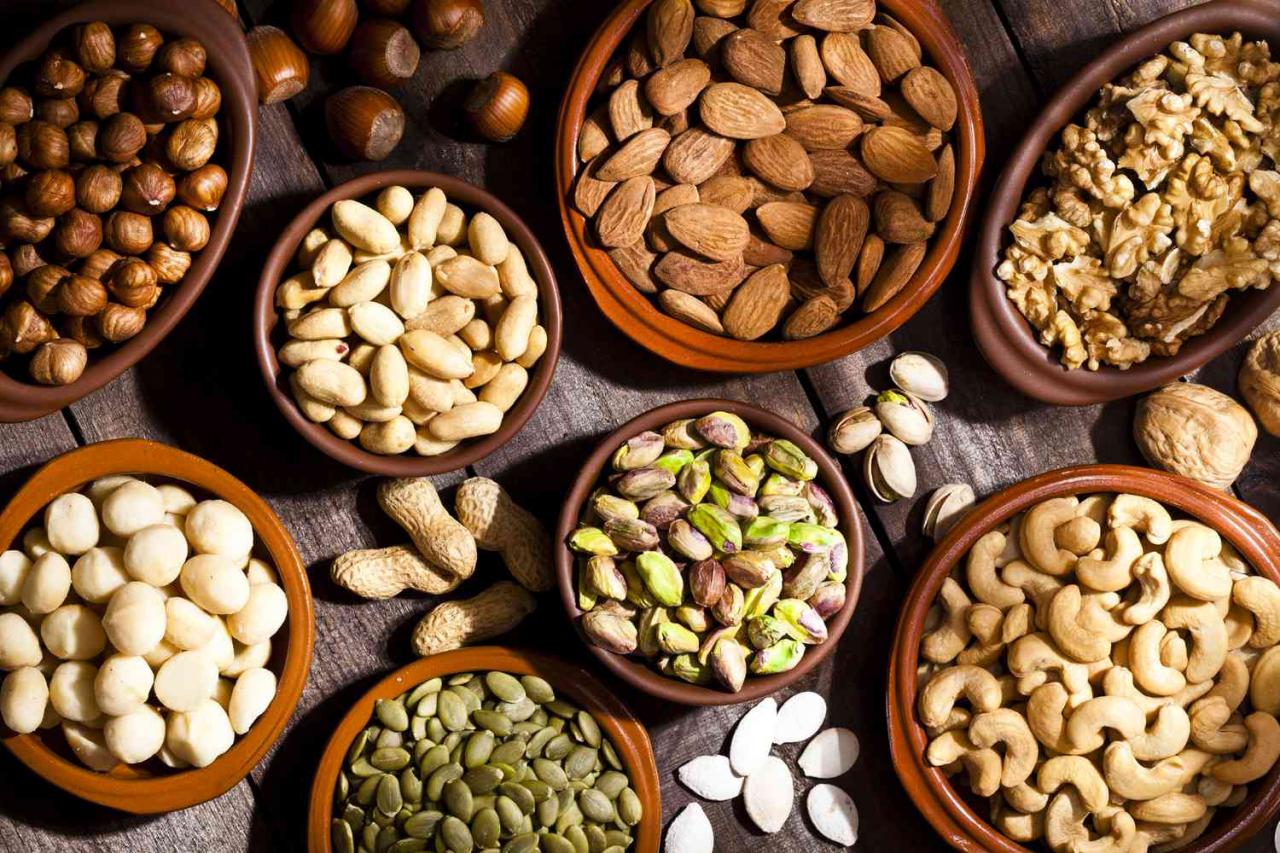
fcafotodigital / Getty Images
Zinc is essential to a healthy immune system, as it plays a role in regulating the system’s intracellular signaling pathways. Many foods are rich in zinc, but few are as convenient as nuts. Nuts, like cashews, almonds, and pine nuts, are excellent sources of zinc. For example, 1 oz of cashews provides 1.64 mg of zinc, 15% of the highest recommended daily intake. Similarly, 1 oz of almonds provides 0.885 mg of zinc or 8% of the upper end of the recommended range.
Nuts are a convenient snack to bring on the go or can be added to various dishes. Add them atop hot or cold cereals for a boost of nutrients and extra crunch, or mix them into a grain-based side dish at dinner.
8. Ginger 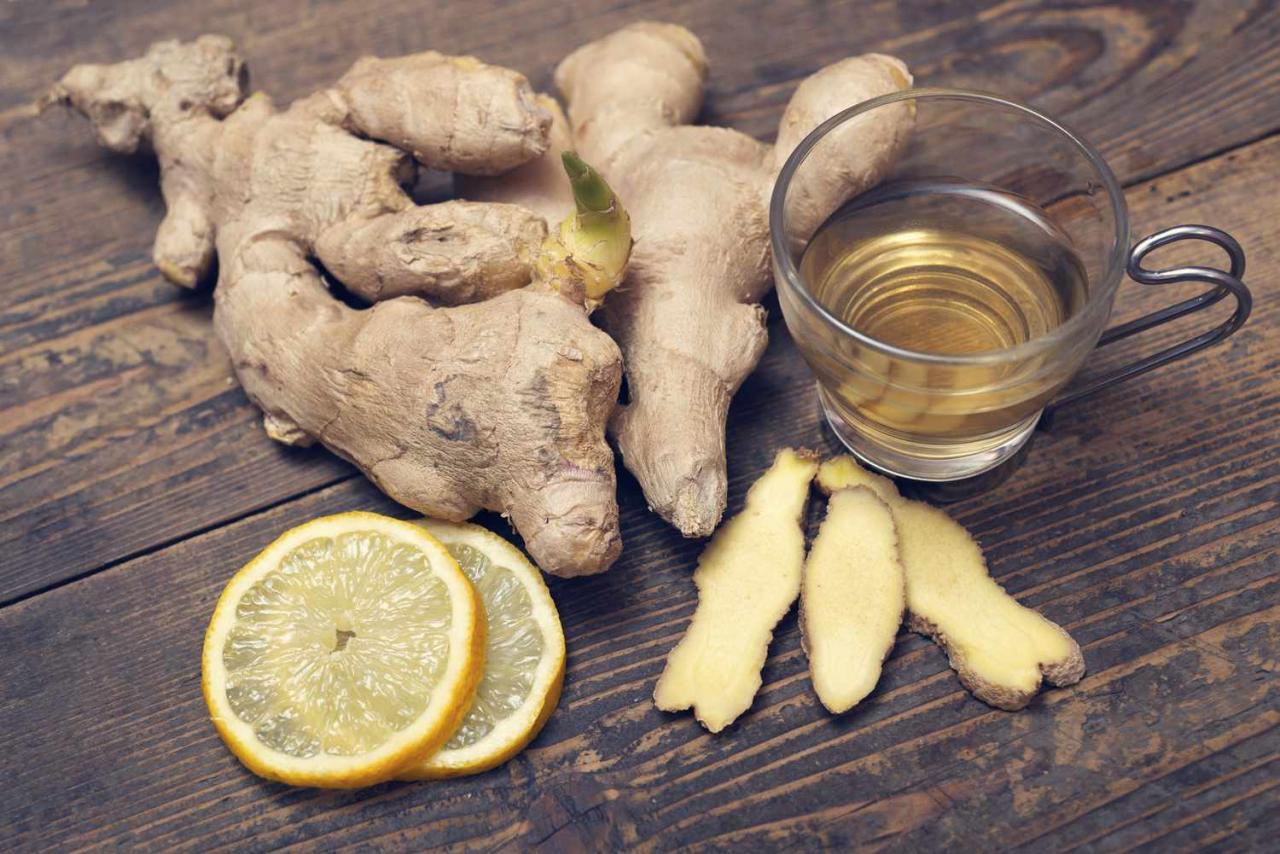
Francesco Carta fotografo / Getty Images
Ginger, a flowering root plant from Southeast Asia, has been linked to positive effects on the immune system. It boasts antioxidant and anti-inflammatory properties, suggesting it can help reduce the risk of chronic health concerns, such as cardiovascular disease. Research has shown that ginger blocks pro-inflammatory cytokines and suppresses oxidative molecules that contribute to inflammation in the body.
It's easy to add ginger to a well-balanced diet. Peeled, fresh ginger can be shredded, diced, or sliced to use in various recipes. It's also available dried, powdered, or as an oil, but the processed versions may not offer the same powerful effects as fresh ginger.
9. Turmeric 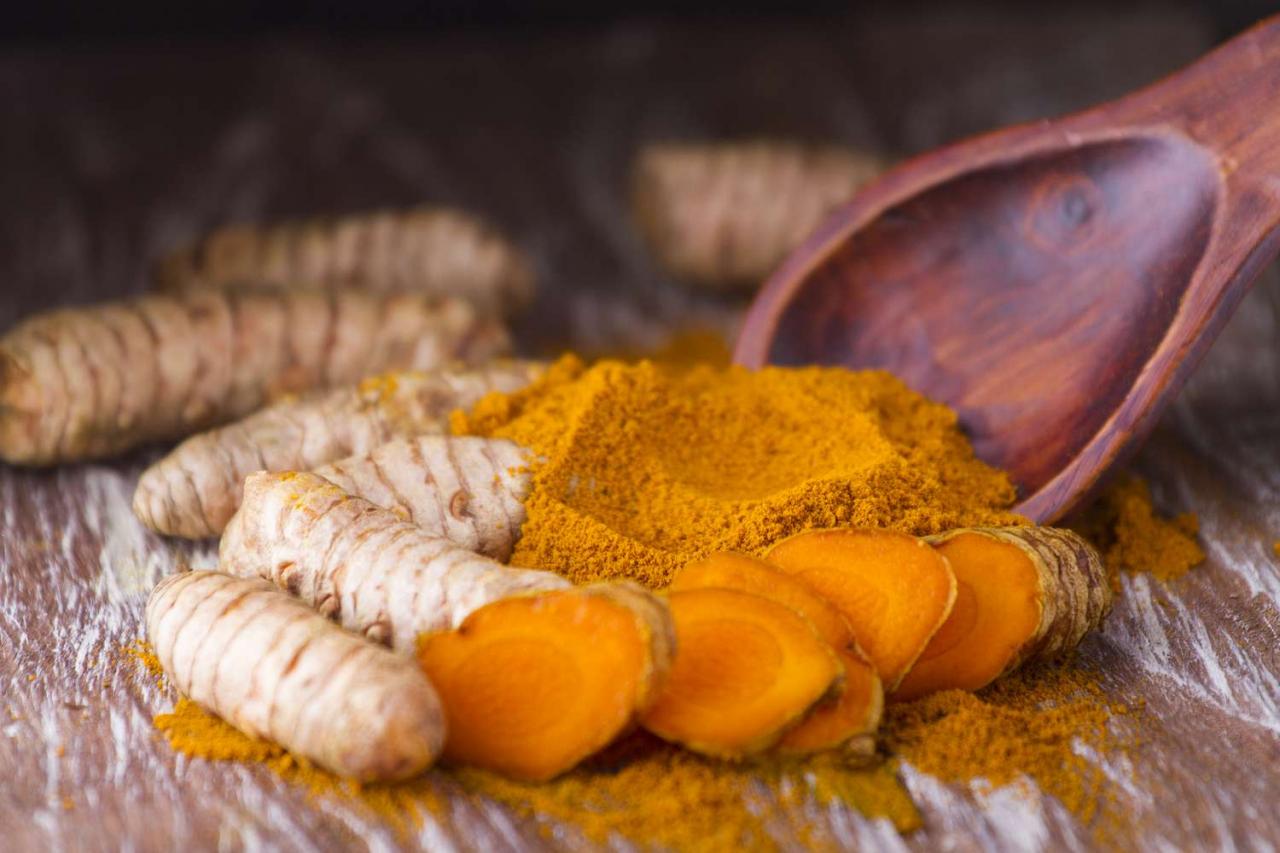
alexander ruiz / Getty Images
Turmeric, a bright yellow and bitter spice, contains a biologically active compound called curcumin. Curcumin works with cells in the immune system, such as macrophages and natural killer cells, to enhance the body’s defense capabilities. Its gastro-protective, anti-inflammatory, and antioxidant properties suppress metabolic pathways that trigger inflammation and oxidative stress in the body.
Turmeric boasts an earthy flavor with a touch of sweetness, adding a very distinctive flavor to recipes. It is often used in curry dishes, but turmeric’s capabilities are endless. It can be added to soups, stews, smoothies, oatmeal, marinades, and teas, for example.
10. Garlic 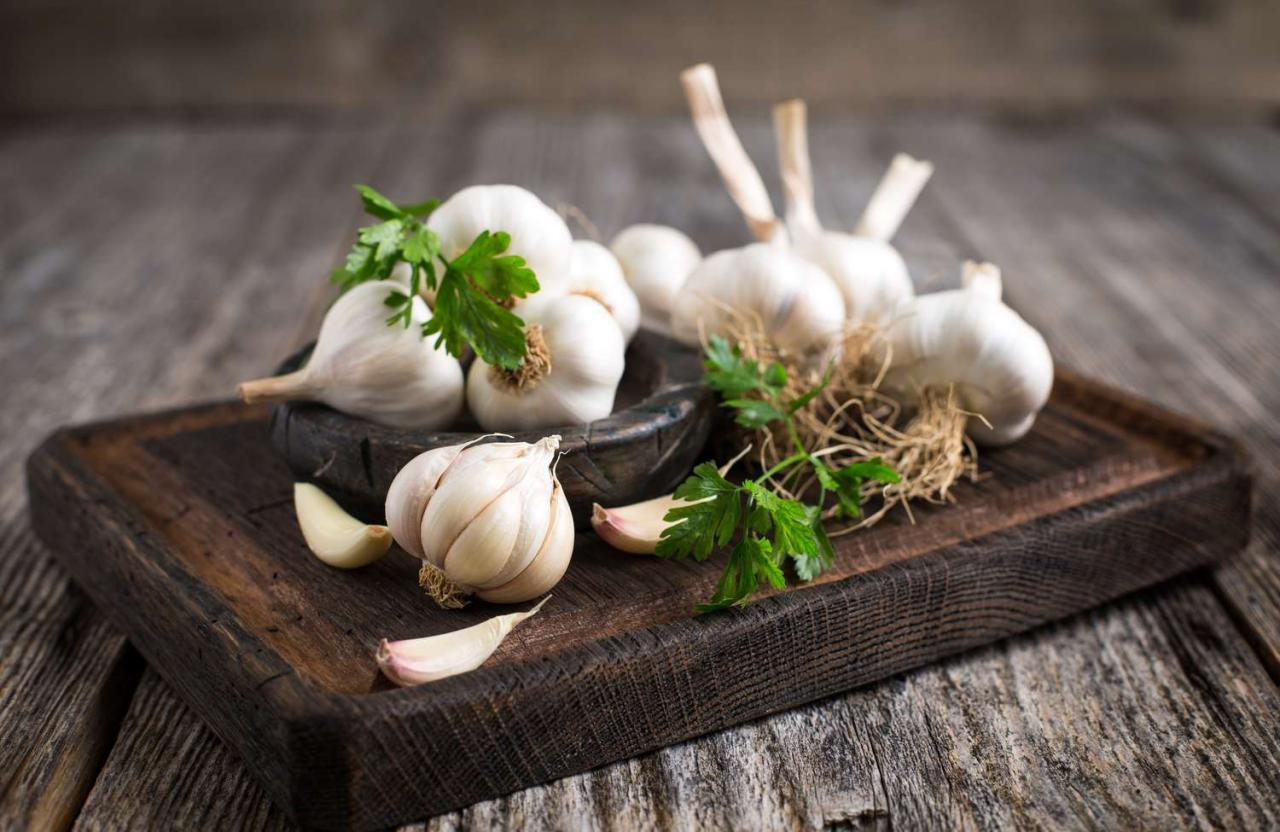
pilipphoto / Getty Images
Garlic has long been used for medicinal purposes, as it contains multiple compounds that have been linked to immune function. These biologically active compounds contribute to various biological processes in the body through their antibacterial, anti-inflammatory, antioxidant, and neuroprotective properties. For example, garlic can support brain, gut, and heart health. Additionally, research shows that garlic can heighten immune response and reduce inflammation.
Garlic can make a tasty addition to many savory recipes. Consider adding it to pasta sauce, mashed potatoes, stir-fries, dressings, and dips.
Other Ways to Boost Immunity
Nutrition plays a vital role in maintaining a healthy immune system. However, maximizing immune function requires a holistic approach that involves:
Sleep: Sleep is essential to immunity, as it’s the body’s chance to recharge and replace important infection-fighting cells. Sleep deprivation has been linked to chronic inflammation and an increased risk of infection. Adults should sleep at least 7 hours per night to optimize immune health.Regular Physical Activity: Physical activity supports a healthy immune system through several avenues. Regular physical activity can help reduce anxiety, support weight management efforts, and improve sleep patterns. The latest Physical Activity Guidelines for Americans recommend 150 minutes of moderate-intensity exercise per week.Stress Management: While there’s a need for continued research, current studies show that elevated stress levels can be linked to the dysregulation of the immune system. Stress is a broad concept that may vary between individuals. However, management techniques like yoga, meditation, and therapy can help alleviate stress symptoms. A Quick Review
The immune system is a complex network of organs, cells, and proteins that work together to keep you healthy. But to keep it operating at its maximum potential, nourishing the immune system with a well-balanced diet rich in zinc, omega-3 fatty acids, and vitamins A, B6, C, and D is important.
Foods like citrus fruits and red bell peppers are rich in vitamin C, while fatty fish are excellent sources of omega-3 fatty acids. Poultry is a good source of vitamin B6, and many nut varieties are rich in zinc.
Additionally, yogurt and other fermented foods that contain probiotics can help support a healthy gut. A well-balanced gut microbiome is essential to overall health, as it plays a vital role in many avenues of immunity.
In addition to eating a well-balanced diet, getting adequate sleep, managing stress levels, and incorporating regular physical activity into your lifestyle is important. Aim for at least 7 hours of sleep per night and 150 minutes of moderate-intensity exercise each week.